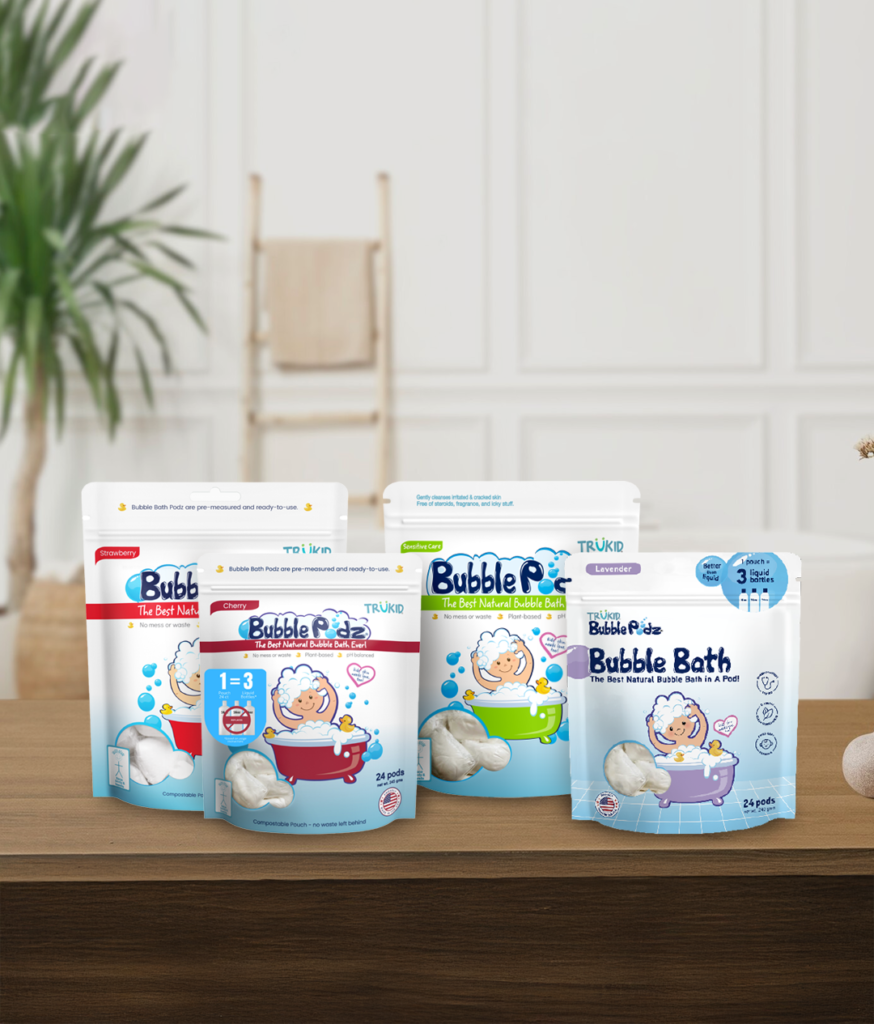You’ve probably heard of the old adage, take only memories, leave only footprints, but nowadays, that’s not actually the easiest advice to follow. Because as much as you may want to preserve the natural beauty around you, you can impact local ecosystems in ways that you wouldn’t consider.
Recently, for instance, scientists discovered that even your sunscreen can damage sensitive habitats like oceans, rivers, and lakes. In fact, some places, like Hawaii, have passed legislation banning the use of harmful sunscreens in order to protect the coral reefs and marine life.
But even without the legal incentives, many travelers are opting for more nature-friendly alternatives simply because they’re better for you. As a parent, it probably doesn’t surprise you that your child’s skin is just as sensitive as something like a coral reef, so finding a safe sunscreen is definitely a must.
Unfortunately, with new trends come more opportunities for false advertising, so it’s important to familiarize yourself with the products that are actually safe for coral reefs. Here’s a quick breakdown of what to steer clear of and what to look for in a truly reef safe sunscreen:
Ingredients To Avoid
When it comes to toxic chemicals, the first one that scientists generally name is oxybenzone, an ingredient in the majority of sunscreen brands. While it may be highly effective in protecting the skin from UV rays, it has side effects that would make most of us question how we ever put this on our skin.
Just for starters, oxybenzone has been known to impact normal hormone function as well as damage skin cells so severely as to cause skin cancer. Yeah, that’s right: the very thing that we put on our skin to avoid sun-induced skin cancer may potentially give us skin cancer. Furthermore, in studies involving human infertility, oxybenzone has been found in higher amounts for couples struggling to get pregnant.
And when this chemical comes into contact with marine ecosystems, the results are just as disastrous, killing off coral reefs, disrupting fish populations, and inducing cancer in underwater mammals.
Next on the list is parabens, the preservatives used in many cosmetics that scientists have been questioning for the last few years. Although it’s difficult to prove that parabens are the cause of certain cancers and infertility, studies have found that parabens, like oxybenzone, may lead to hormone irregularity.
Since parabens work as preservatives, killing off microbes and bacteria, it’s easy to see why they would be dangerous for fragile environments like coral reefs.
Ingredients To Look For
Let’s turn now to the more optimistic approach: finding coral safe ingredients. Companies that are dedicated to preventing damage to coral reefs have replaced the above toxic chemicals with some of the following coral-friendly ones. Not only are these ingredients sure to protect your little one’s sensitive skin against UV rays, but they’ve also been tested to ensure that there are no other hidden side effects to worry about.
The most important ingredient to look for is non-nanonized zinc oxide. If you see zinc oxide that is non-nanonized, it means that the manufacturers have taken the extra step to prevent the leeching of toxins into the water.
However, if you just see zinc oxide, either find something else or contact the company to clarify. Because when this mineral is “nanonized” or made smaller, it is more likely to be absorbed into surrounding environment, which can be harmful to coral reefs.
Look for real extracts, not fragrances. For instance, if you can choose between one sunscreen that simply smells like cocounut and another that actually has Capric Caprylic Triglyceride, or real coconut, always go with the real thing.
That’s because fragrances are not only harsh on your skin, but they tend to linger in marine environments long after you’re gone. One scientist in the Bahamas noticed that fish were beginning to take on the flavors of various sunscreens, which means that we’re ingesting this toxic substances through our food as well.
Which Brand Can You Trust?
These days, it’s easy to fall into a false sense of security because of the wide variety of all-natural, organic sunscreens. Unfortunately, many of these products are just the same old creme with a new name. If you really want to back a company that is dedicated to preserving the natural world while also creating an effective, safe, and enjoyable sunscreen, try the coral reef safe product line from TruKid.
Each of our products are made of naturally-occurring ingredients that will not negatively impact our oceans and waterways. Here are just a few of the ways we’ve taken on a child and ocean-friendly approach:
- Our sunscreens don’t exceed 30 SPF because studies show that high SPFs don’t protect your skin better and simply result in more ingredients in the water
- We’ve introduced a water-resistant sunscreen to make sure that those ingredients stay on your little one’s skin and are not absorbed by surrounding coral
- Our baby sunscreens and eczema sunscreens are held to the same high standards to ensure effectiveness and safety
The science of coral reef safety might be complicated, but choosing the right sunscreen is not. Just remember to avoid harsh chemicals like oxybenzone and parabens and focus on products with all-natural alternatives!
Newsletter
Sign Up For Our Newsletter & Get the Latest Information
This article is intended solely for informational purposes and should not be considered a source of medical advice. The information presented in this article is not a replacement for, nor should it be relied upon as, professional medical guidance. Every individual’s health and medical circumstances are unique. What works or is suitable for one person may not be the same for another. Any decisions related to your health should be made with consideration of your specific health condition, medical history, and the guidance of your healthcare professional.
